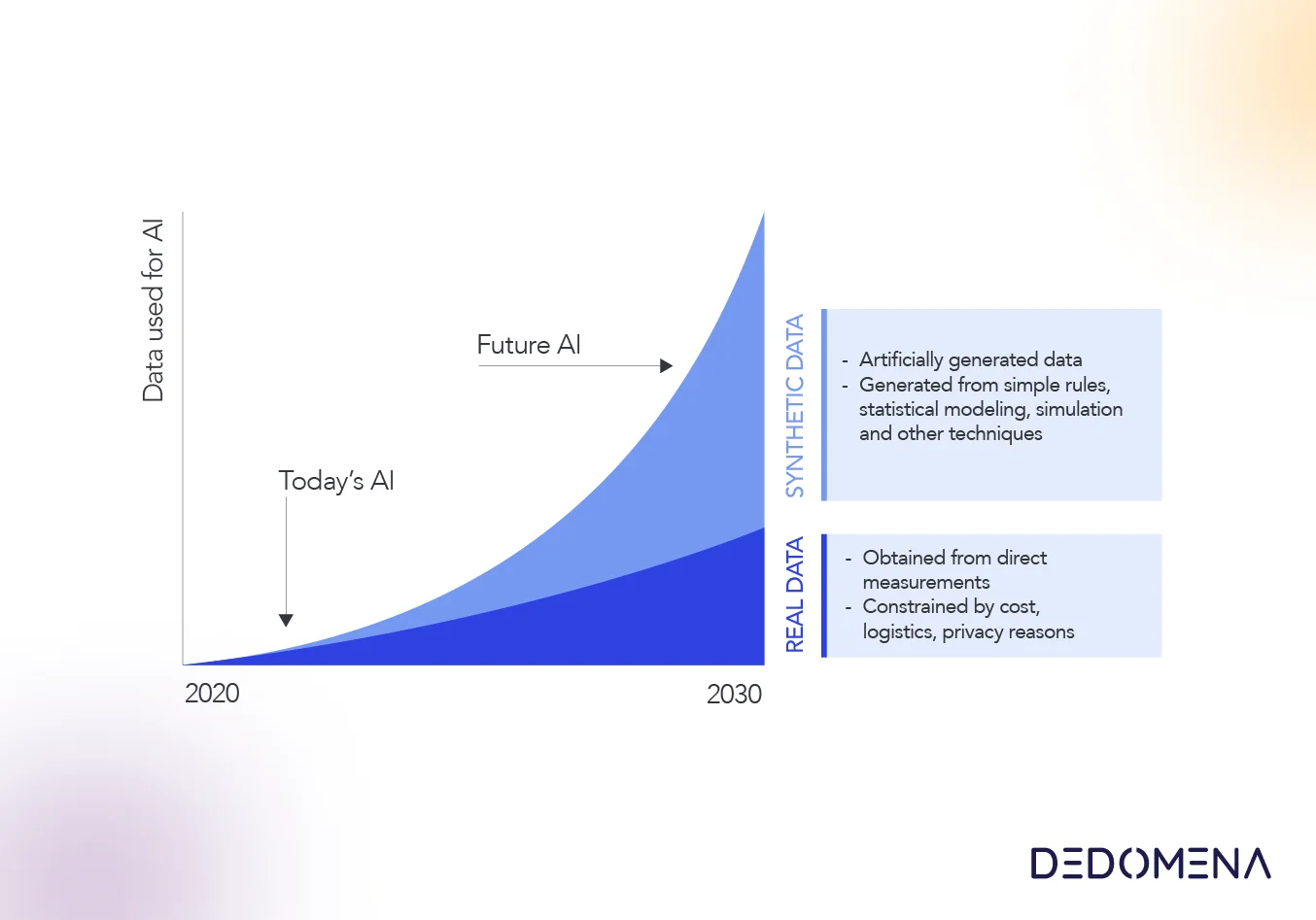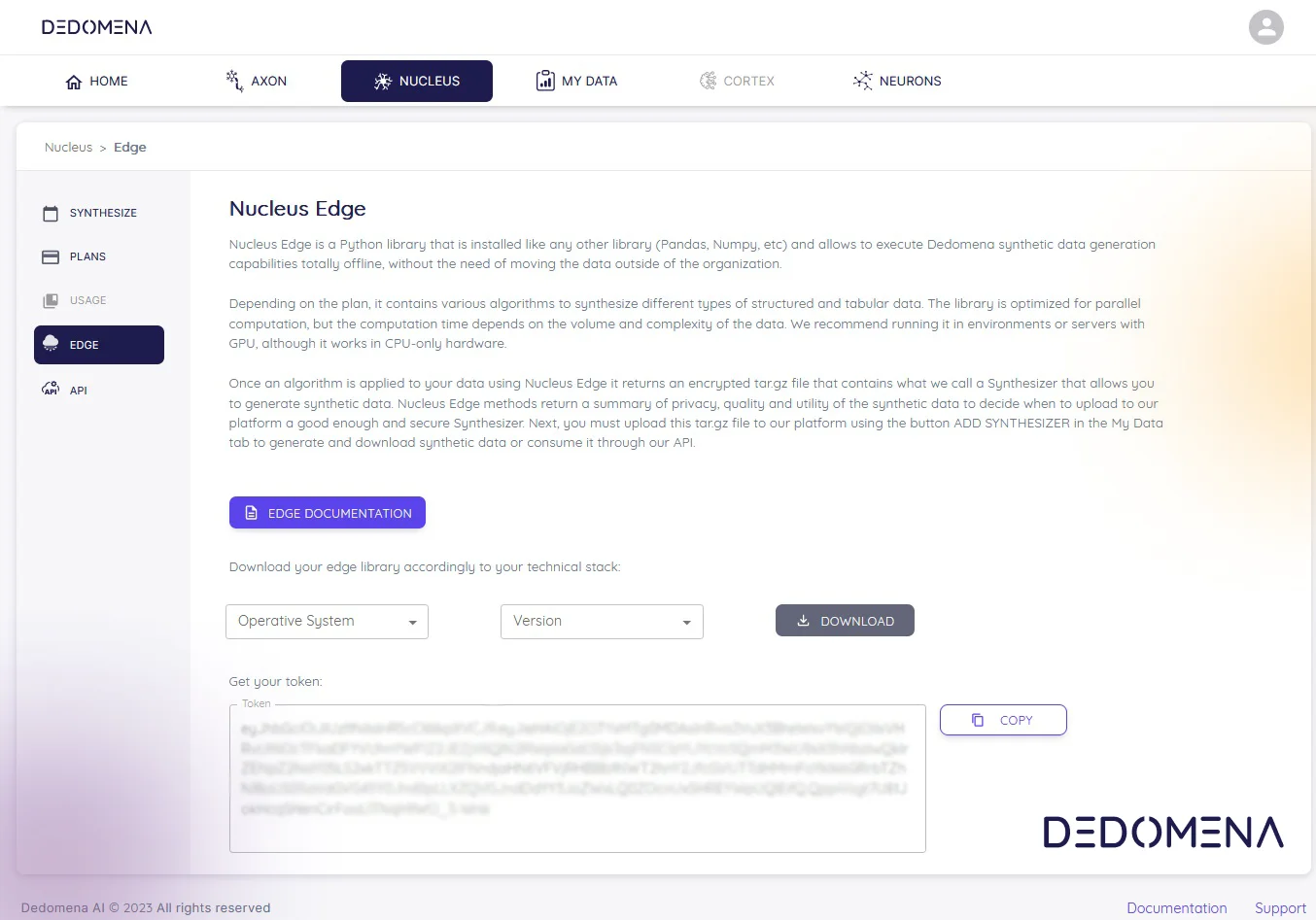In the first quarter of the 21st century, the world has witnessed an unprecedented surge in technological advancements, marked by rapid and accelerating developments each year. Businesses, in this dynamic landscape, face not only new tools for innovation and development but also fresh challenges, making competitiveness a focal point.
Industries such as insurance, mobility, artificial intelligence, and healthcare, among others, are especially affected. In this scenario, data emerges as the master key, unlocking new levels of innovation, growth, and optimization. For companies in data-driven sectors, data is not just a resource; it's a strategic asset that propels development and vitality. In the ever-evolving digital landscape, embracing the power of data is not merely advantageous but a necessity for businesses aspiring to thrive in the fast-paced world of data-driven enterprises.
Organizations are increasingly leveraging data to optimize products, refine processes, and create innovative business models. This places data-centric businesses at the forefront of innovation, utilizing vast datasets to extract meaningful insights.
The Power of Data
Data-driven enterprises thrive on actionable insights derived from robust data analysis. Every piece of information, when effectively harnessed, becomes a strategic asset, empowering decision-makers to make informed choices and steer the company in the right direction. The heartbeat of innovation in data-driven sectors is data itself, driving the development of cutting-edge products and optimizing existing processes.
This innovation is customer-centric, aiming to understand customer behavior, preferences, and needs. Companies can tailor their offerings, creating a more meaningful and satisfying interaction. Predictive analytics, powered by data, plays a crucial role in data-driven business development. It enables businesses to anticipate future trends and challenges, adopt strategies that mitigate risks, seize opportunities, and stay resilient.
Adaptability is a hallmark of vitality, and data-driven enterprises, armed with real-time insights, can make agile decisions, pivot when needed, and navigate through uncertainties with confidence. Data is also the lifeblood for training machine learning (ML) models. The quality, diversity, and volume of data directly impact the accuracy and effectiveness of ML algorithms.
Effective Data Management
While we consistently underscore the invaluable role of effective data management, emerging technologies often bring both solutions and new challenges. In the realm of data, the challenge is to ensure it is not scattered recklessly. Data privacy laws act as crucial regulations to prevent the indiscriminate dissemination of data and set specific limitations on data processing, ensuring a balance between innovation and safeguarding privacy.
Data Privacy Concerns
Establishing more stringent regulations is imperative to safeguard end-users by curbing the indiscriminate exploitation of personal data. Privacy regulations, while posing challenges, are indispensable for ensuring consumer safety. Moreover, regulations can serve as catalysts for innovation, fostering the development of new technologies, products, and markets, and uncovering overlooked efficiencies.
Synthetic Data
Synthetic data emerges as a linchpin in the delicate balance between pushing the boundaries of innovation based on data and respecting user privacy. It empowers data companies to develop cutting-edge solutions while adhering to the highest standards of data protection.
Synthetic data provides a strategic avenue in the data and machine learning sectors to continue innovating while safeguarding individual privacy. It offers a secure environment for testing and refining machine learning models without exposing real user data. This not only ensures compliance with privacy regulations but also upholds ethical considerations in the development and deployment of artificial intelligence solutions.
The quality of data directly influences the performance of machine learning models. Synthetic data, when crafted thoughtfully, ensures a rich and diverse set of inputs for model training, leading to more accurate predictions and insights. It becomes a valuable resource in augmenting the capabilities of AI systems.
The adoption of synthetic data is instrumental for data businesses, offering a dynamic solution that addresses challenges, upholds privacy standards, and fuels innovation. As organizations continue to recognize the importance of this synthetic revolution, they are better positioned to unlock untapped opportunities and drive meaningful advancements in the realm of data analytics and secure and fair artificial intelligence development.

















































